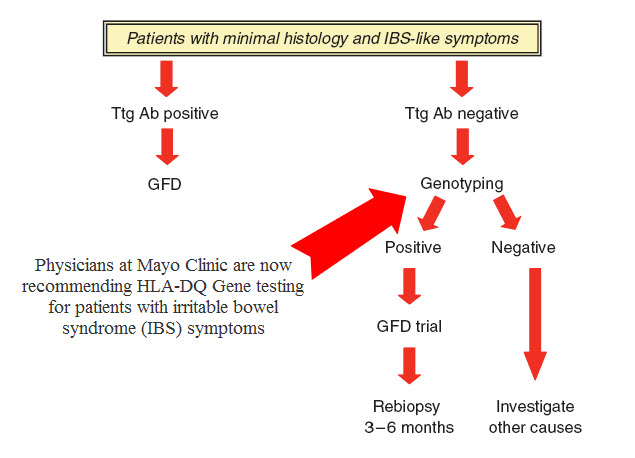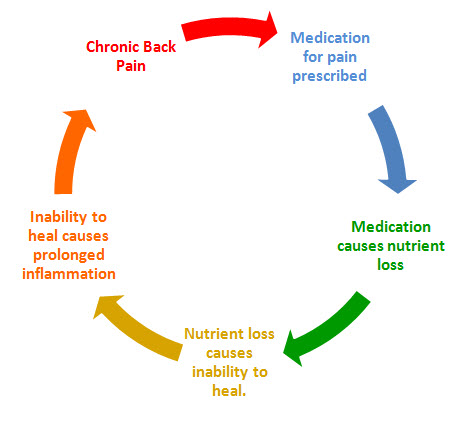 New research claims that the toxicity of wheat gluten potentially worsened by cross breeding different strains…
New research claims that the toxicity of wheat gluten potentially worsened by cross breeding different strains…
suggests that modern wheat breeding practices may have led to an increased exposure to CD epitopes
Source:
Theor Appl Genet. 2010 Jul 28.
Recent research from across the globe shows a prevalence toward the increase in celiac disease and gluten sensitivity. We know the problem is growing. The big question on every one’s mind is – WHY? The following is a list of some of the potential possibilities.
- Genetic manipulation of grains – no long term research has been done on safety, yet we assume these foods are OK contrary to common sense. Many studies show these foods to be dangerous.
- The pervasive use of grains in the food supply. Almost all packaged foods contains grain either as a main ingredient or an agent to alter food texture, viscosity, etc. More grain exposure = more people reacting to grain.
- The use of herbicides, pesticides, fungicides, etc. Much like genetically modified foods, these chemicals are used under the assumption that they are safe.
- Over use of antibiotics. Although life saving if one has a bacterial infection, the over utilization of these drugs contributes to a change in the normal healthy gut flora thus weakening the immune system. Additionally, we feed them to chickens, pigs, cows, and fish that are being raised for human food consumption.
- Anti-acid medications. Nexium, Tums, Prilosec, Rolaids, and more, these drugs suppress acid in the stomach. Acid suppression weakens the immune system and leads to wide spread malabsorption of nutrients.
- Non steroidal anti-inflammatory medications (NSAIDS). These medications contribute to the destruction of the gastric and intestinal lining thus weakening immunity and predisposing one to intestinal permeability (leaky gut syndrome)
- Medications in general. Many OTC and prescription medications contain grain based adhesives. Sick from gluten? Take this pill (with gluten in it) and you will get better?!?
- Grain is cheap food. The government subsidizes grain making it much less expensive to use as a staple food.
- Commercialization. Everywhere you look, there is a billboard, TV commercial, nutritionist, Food Guide Pyramid, etc telling us how healthy whole grains are.
- Degradation of the eduction system. Public schools focus on teaching students how to pass standardized tests. Nutrition and physical education are given minimal time in the classroom. Many of those teaching nutrition do not lead by example thus devaluing the lesson. The nutrition basics taught focus on a Food Guide Pyramid based in grain.
















